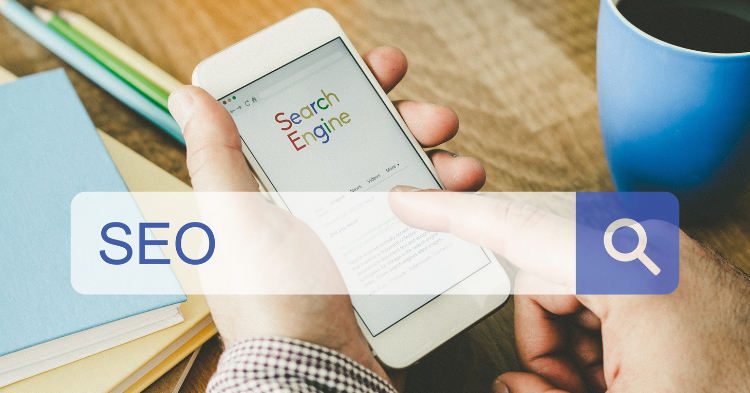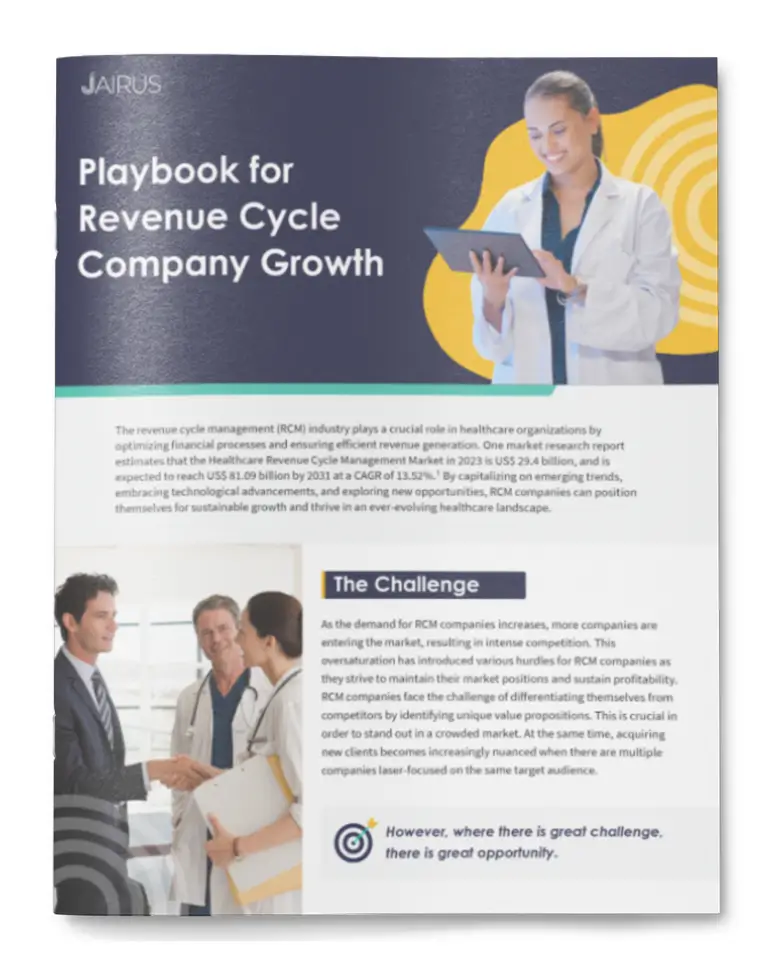The Pigeon algorithm from Google has been officially launched – as of early August, 2015 – and as a result, getting ranked anywhere near the top of local searches has become increasingly difficult for business owners who depend on community exposure. Not only have the ecommerce websites, which depend solely on internet sales for income, been greatly affected, but now we are seeing the impact for local companies, as well. This means that having a site that meets all of the correct SEO standards has become infinitely more important.
Knowing what you are doing wrong can help you turn things around, so here’s a list of 7 of the top SEO mistakes made by many local business owners, and how you can avoid them:
1. Believing that people already know what they want. Any good sales course or seminar will mention this principle, but if you think about it, have you ever really known what you wanted until you saw it? Without proper marketing and exposure, people will not come seeking to buy from you. At least, not very many.
2. Leaving out a home page on the company website. This may seem pretty basic to some people, but this is one of the most frequently made errors on local business websites. Sell the main points of your company on the home page, letting your customers get to know you and what you represent. It also tells Google how to categorize, so that you can be searched and found.
3. Having a website with poor or too little content. Add as much as you can about your company, your mission, location, and most importantly the products and services you sell. Be clear and concise so that there is no mistake what people should be doing on your site. Add a blog, a photo gallery, or something else altogether. The more personalized and quality the content on the website, the higher it will rank in Google.
4. Focusing entirely upon selling the customer. People need to see what they want before they can know they want it, but that doesn’t mean they like to feel like they are being sold. Sell your company and your products but do it in a non-pushy, fun, informative way. If all you are is a place to buy certain products then you aren’t any different than other e-commerce stores. What differentiates you and makes you unique to the customer?
5. Presenting a brand in an overzealous, pushy manner. Just like the previous tip with over-selling, shoving your brand down the visitors throat too much can be a turnoff and a sale lost. Be more than just your “brand,” become a fun and positive experience for the user.
6. Forgetting to optimize website pages for SEO. An enormous chunk of the ratings Google uses to rank websites is based on meeting a certain criteria and how well you meet it. The highest ranking websites will have lots of traffic, great content, and a good user experience. Consulting a professional for this is always a great idea.
7. Forgetting to optimize off-site signals for local SEO. Essentially, a website must have links that connect to other relevant websites (preferably also with a high Google rank) and must also have other websites having links pointing back to it.


